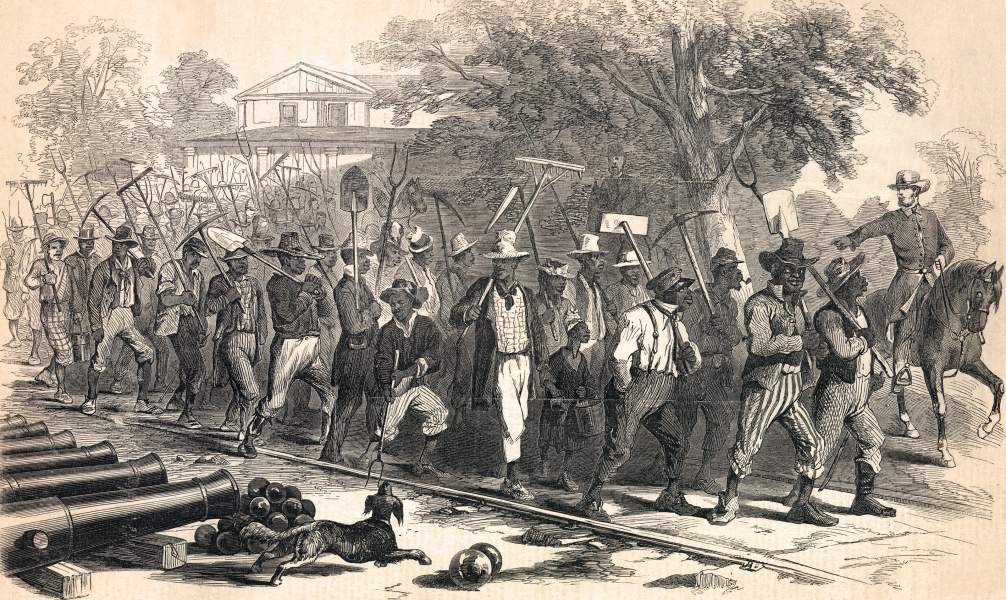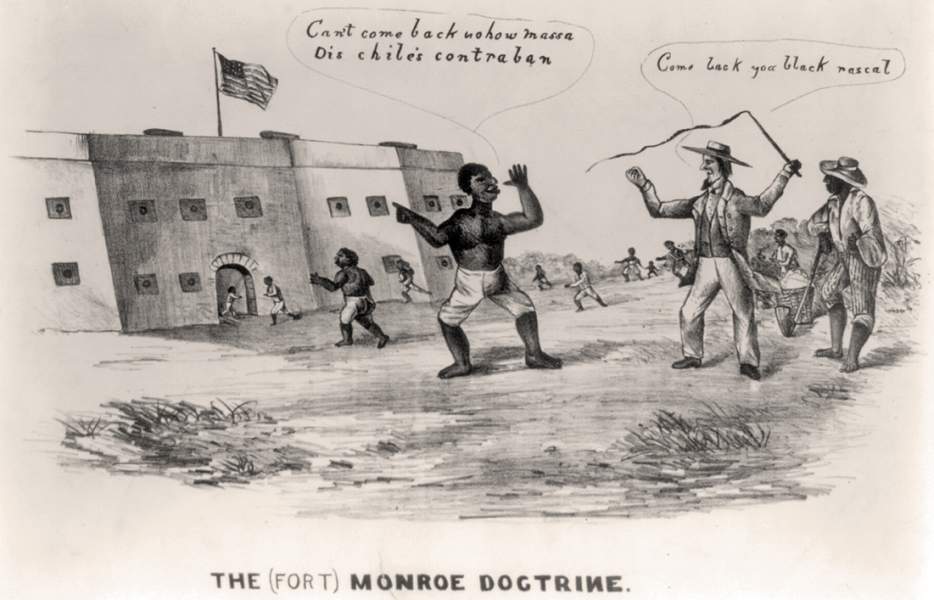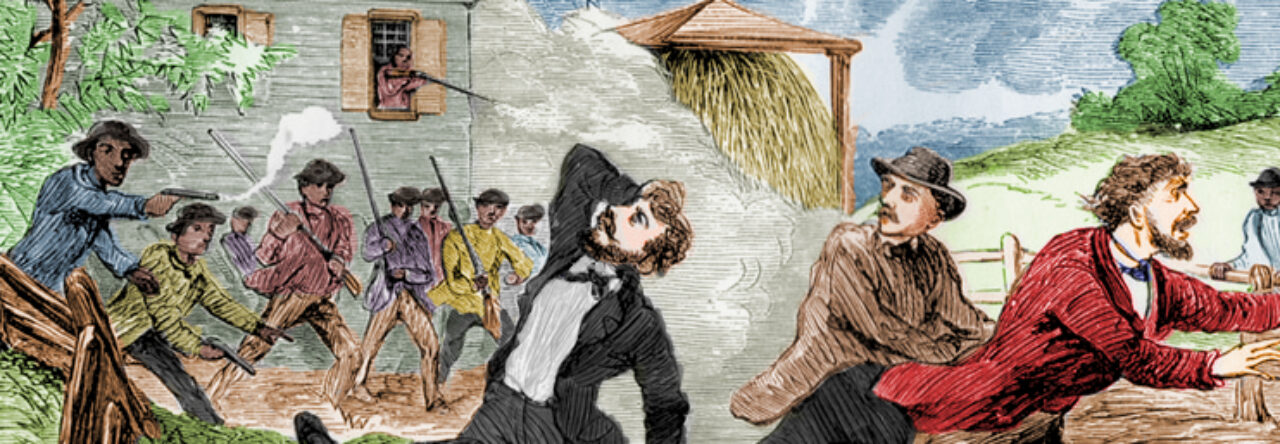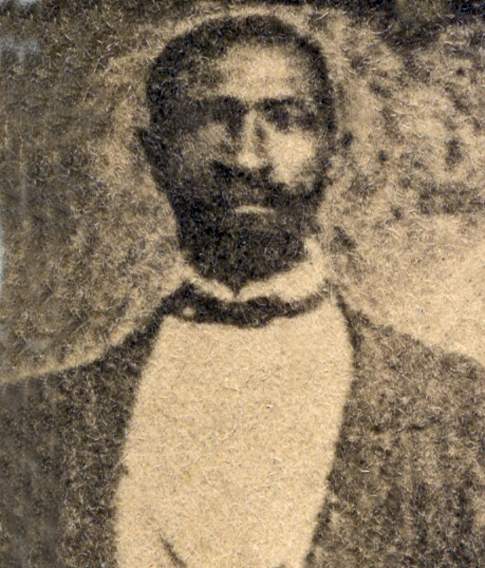Citation
1861 Confiscation Act, August 6, 1861, FULL TEXT via The Freedmen and Southern Society Project, University of Maryland
Excerpt
SEC. 4. And be it further enacted, That whenever hereafter, during the present insurrection against the Government of the United States, any person claimed to be held to labor or service under the law of any State, shall be required or permitted by the person to whom such labor or service is claimed to be due, or by the lawful agent of such person, to take up arms against the United States, or shall be required or permitted by the person to whom such labor or service is claimed to be due, or his lawful agent, to work or to be employed in or upon any fort, navy yard, dock, armory, ship, entrenchment, or in any military or naval service whatsoever, against the Government and lawful authority of the United States, then, and in every such case, the person to whom such labor or service is claimed to be due shall forfeit his claim to such labor, any law of the State or of the United States to the contrary notwithstanding. And whenever thereafter the person claiming such labor or service shall seek to enforce his claim, it shall be a full and sufficient answer to such claim that the person whose service or labor is claimed had been employed in hostile service against the Government of the United States, contrary to the provisions of this act.

Illustration of freedom seekers working for the US Army under the First Confiscation Act at Fort Monroe, November 1861 (House Divided Project)
Related Sources
Related Essays



